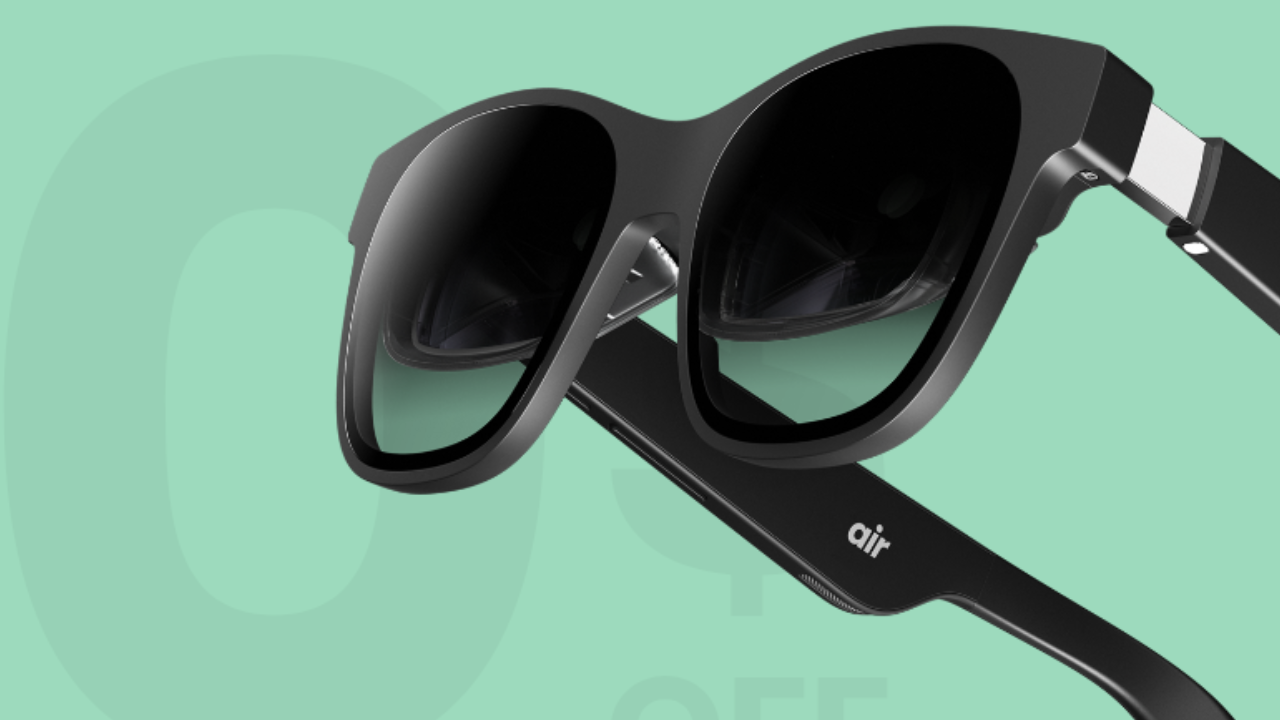There are many different types of smart glasses, each designed to meet the needs and desires of its user base. With examples like Microsoft’s HoloLens, augmented reality (AR) smart glasses improve the user’s experience in the real world by superimposing digital information onto their field of vision.
Consumer-focused smart glasses, such as those made by North Focals, include functions like navigation and notifications for daily usage. A prominent example of an enterprise or industrial smart glass is Google Glass Enterprise Edition 2, which targets professional applications by offering augmented reality overlays for industries like manufacturing and healthcare.
Sports and fitness Smart glasses are designed with athletes in mind. To learn more about smart glasses, go now to the following page. Leading brands include Oakley and Recon, and they provide GPS tracking and performance information.
Varieties of Smart Glasses Exist
Smart glasses have advanced past simple vision correction tools, remodeling them into state-of-the-art wearable devices that blend technology seamlessly with eyewear. As generation advances, the marketplace for smart glasses has assorted, offering clients several options catering to special desires and preferences.
Smartphone-Oriented Smart Glasses
Smart glasses with an emphasis on the consumer are made to be worn every day and effortlessly incorporate technology into conventional eyewear. These glasses usually have a modern aesthetic with an emphasis on comfort and style, and they come equipped with features like fitness monitoring, navigation, and notifications. Well-known examples are products from brands like Vue and North Focals.
Glasses with Augmented Reality (AR)
By superimposing digital data on top of the user’s actual field of vision, AR smart glasses augment the immersive experience. These glasses have sophisticated optics, frequently making use of waveguide display technology. AR smart glasses have been around for a while now, and businesses like Magic Leap and Microsoft’s HoloLens have pioneered their use for everything from professional use in healthcare and education to gaming.
Smart Glasses for Enterprise and Industry
Enterprise and industrial smart glasses are made for use in specialized fields including manufacturing, logistics, and healthcare. They are intended for professional use. They frequently include elements like augmented reality overlays to give professionals access to real-time information. Examples are the Google Glass Enterprise Edition 2 and the Vuzix M400, which are used in maintenance, training, and remote help, among other areas.
Smart Glasses for Sports and Fitness
With features like real-time feedback, GPS tracking, and performance measurements, these smart glasses are marketed toward athletes and fitness aficionados. Smart glasses for athletes have been developed by companies like Oakley and Recon. These glasses improve training by offering data on parameters like speed, distance, and heart rate.
Smart Glasses with a Camera Integrated
Users with smart glasses equipped with cameras can covertly take pictures and videos. These glasses are well-liked for live streaming and hands-free recording. Examples of eyeglasses with camera functionality seamlessly integrated into the design are Snapchat Spectacles and Pivothead SMART.
Sound-Aware Smart Glasses
Providing excellent sound quality without requiring extra headphones is the top priority for smart glasses with an audio focus. Immersive audio is provided by these glasses, which may include bone conduction technology in addition to embedded speakers. This category is best represented by Bose Frames and Amazon Echo Frames, which provide users with a combination of design and audio capabilities.
Design- and Fashion-focused Smart Glasses
Some smart glasses emphasize style and design, making them appealing to consumers who desire both technology and aesthetics. These glasses may subtly integrate technology and frequently have adjustable frames. The ability to combine fashion and utility is demonstrated by models such as Razer Anzu and the partnerships between luxury labels and tech businesses.
Smart Glasses for Health and Wellness
Health and wellness-focused smart glasses are made to keep an eye on a range of health indicators and offer support for medical uses. Features like blood pressure monitoring, heart rate monitoring, and even fall detection may be included. In this category are Jins Meme and OrCam MyEye, which provide accessibility and healthcare solutions.
Conclusion
There are many different kinds of smart glasses available, each meeting a particular set of requirements and preferences. The range of smart glasses showcases the adaptability of this rapidly developing technology, from fashion-forward designs to immersive augmented reality experiences, and from daily use to professional applications.
